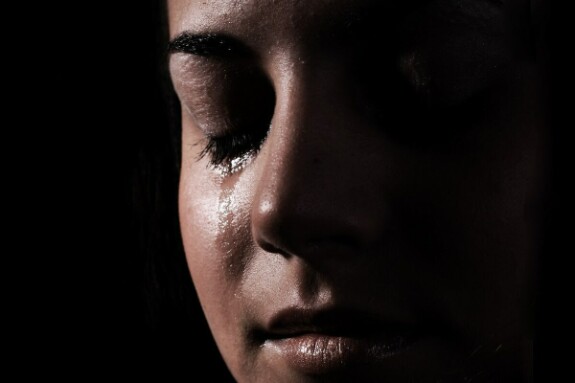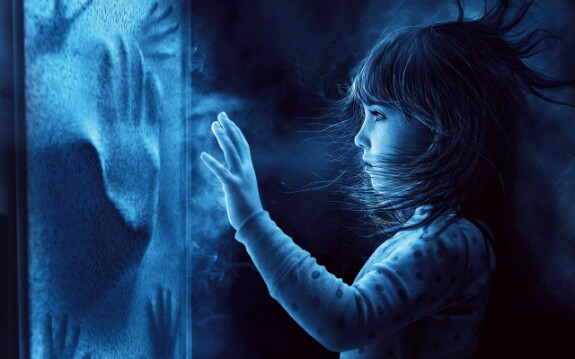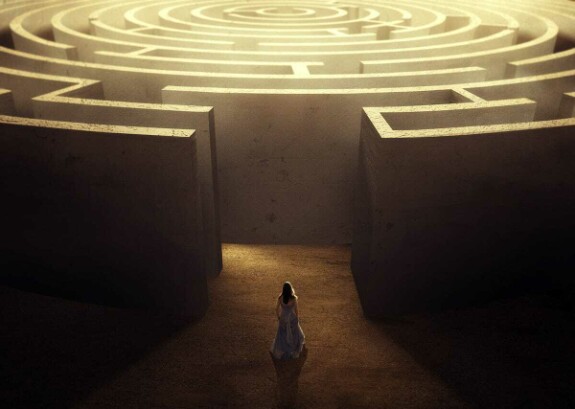Attitude towards parents

The things that people do can not under any conditions be more important than world the world. And thus a warrior treats the as an endless mystery and what people do as an endless folly.
C. Castaneda
The question of parents and children is one of the most difficult in the life of almost any person. The relationship between parents and children is part of the family relationship, the understanding and attitude to which is not considered in any way by the general educational system. A reasonable and healthy view of the essence of family interaction is almost never discussed in the family circle, and the disclosure of one's role in a complex family vicissitudes is given to the individual for independent consideration.
It would seem that what could be more understandable and clear than the relationship in the family and the awareness of one's own role and place in the family network? But reality shows us adults with broken destinies, in whom small children live, unloved, uncared for, full of grievances and claims to their own parents. As a rule, children, trying to become adults, repeat the scenarios that were played out in their own families. The father tyrannized the children, drank, swore - the son, growing up, filled with resentment towards his father, becomes the same tyrant, breaking the fate of his children. According to well-known statistics, children abandoned by their parents and left to depend on, very often abandon their own children when they grow up.
Adults with tear-stained children's eyes resort to the help of a psychology institute. Specialists spend years forcing their clients to fork out, and very often what they come to as a result of sessions is the conclusion that in childhood, the adult was not stroked enough on the head by his mother, his grandmother forced him to eat all the porridge from the plate, raising her voice, his father looked at him without respect in his eyes.
Of course, we are not talking about extreme cases of real family violence, which, without a doubt, leaves an indelible mark on the entire future life of a person. Such cases are particulars and stand apart. They will not be considered in this article.
The stories of immature adults can be different, but their common axis is always the aching pain of misunderstanding and claims against parents and mourning for oneself.

If we consider the fact that immature adults have their own children, then how can the lives of these children have a chance to differ from the fate of their parents? Everything moves as if in a cycle. While some cry over their childhood that is gone, others become under-caressed, with unread books, un-told bedtime stories.
Unfortunately for the institution of family, this is often a given, which is rarely spoken about at the full strength of the voice, bearing their cherished sufferings, which explain all the failures in the current personal life of an adult with children's eyes red from tears. A person becomes a hostage and a recipient of egoism, passed on by inheritance.
What can an adult who mourns his own childhood give to his children?
Does such a person, sobbing over his own unfulfilled childhood dreams, have the strength to reveal his creative potential and get closer to solving his own destiny? Can a person whose wings have not yet unfurled be an example for someone, and first of all for his own children, of a freedom-loving creature, learning about the world, creating for the common good? Does an adult, overcome by "childhood grief", think in this direction?
I believe the answer is obvious. But if it is negative, then what is the basis for such an adult's guesses and hopes that his children will not repeat his own fate? If the answer is negative, then what is the point of unhappy people bringing people into the world, making them unhappy? After all, this is actually a tragedy - the world is overflowing with wounded people with broken destinies.

Let's look at the question with a certain amount of mysticism and philosophy
Taisha Abelar, one of K. Castaneda's students, said that the modality of our time can be called three words "I am a poor baby." By modality she understood the general direction of human thoughts in a certain era.
Another interesting moment described in one of K. Castaneda's books is his recollection of when his teacher, don Juan, noticing how Carlos extended his open palm to him to ask for something, told Carlos that society and socialization, raising a person from birth, force him to unconsciously bend his palm in a pleading gesture every time a person extends it to anyone. Society instills in a person the idea of a beggar asking - a person always asks and always needs something, making claims to the world, which often itself needs help.
What is the relationship between the cases described above? A person learns to be closed in on himself, crying over his own unfulfilled expectations, blaming everything and everyone for the fact that the pain from the awareness of missed moments so torments the fussy and restless mind.
Discontent, claims, aggression and tears - a wild combination, pouring out of a person in a poisonous stream. Now imagine that there are a lot of such people. The production of emotional poison reaches unprecedented proportions.
Pythagoras said that friendship is the fundamental soil for any human interaction, regardless of gender and social status.
If one of the founders of European philosophy taught so, then why not take advantage of this rule?
The fact is that the poor baby that lives in each of us cannot offer a person anything except stamping her feet and crying hysterically, demanding the satisfaction of her own needs. A mature person is distinguished by one most powerful principle - he accepts and fully realizes responsibility for his own life. Childish infantilism in such a person is replaced by playfulness and the ease of a pioneer characteristic of many children. The poor child in a mature person stands shut up in the corner and does not dare to open her mouth.

From all of the above, we can conclude that childhood does not affect a person's maturation, that parents cannot break the fate of a mature adult in any way, because he or she has ceased to be their child.
And here is a very important point. Parents raising a person may show a tendency to see him or her in a single role until the end of their days - in the role of their child. From a logical point of view, this is understandable. The philosophical approach says that a person's condition and role change throughout his or her life. The role of a child is relevant only as long as a person himself or herself is aware of being a child. Regardless of the depth of human understanding, the world moves, everything in it changes, as does the role of a person.
Stuck in one single role, a person loses adequacy and sober receptivity to what is happening, and therefore will not be able to effectively interact with reality, which is a direct human responsibility in fact of a being with reason.
A mature person who adequately perceives himself at every stage of his life is inaccessible to childhood grievances, his childhood past does not affect his present in any way, because his own perception has grown and gone far beyond the boundaries of childhood memories. In a mature person, only the excitement and vision of the surrounding world as an endless mystery that he strives to unravel remain from the child.
Perception of oneself as a mature and responsible individual for his life does not depend on the perception of him by others, including his parents. The best thing a mature person can do is to offer his parents friendship, offer his shoulder and put the role of a friend in the foreground, pushing the perception of himself as a child to secondary importance.
An adult adequate person is not able or entitled to do anything more. Accepting such a state of things, such a vision, replacing the perception with "my baby, darling" with the perception of a developed mature man or mature woman is a test for parents, which they should realize in solitude and endure together with their spouse.
A mature person extends a hand of friendship to them. If he is lucky and this hand is squeezed by the hand extended by his parents in return, a miracle will happen. From now on, they will see in the child a comrade, an ally, a full-fledged and equal person with whom they are connected by blood ties. An adult will see in them exactly the same thing. Such relationships are full of wisdom, warmth and are untouchable by the mundane grievances and claims of childhood past. A union of thinking people has been formed, sincerely and honorably protecting the healthy and bright interaction of mature people.




